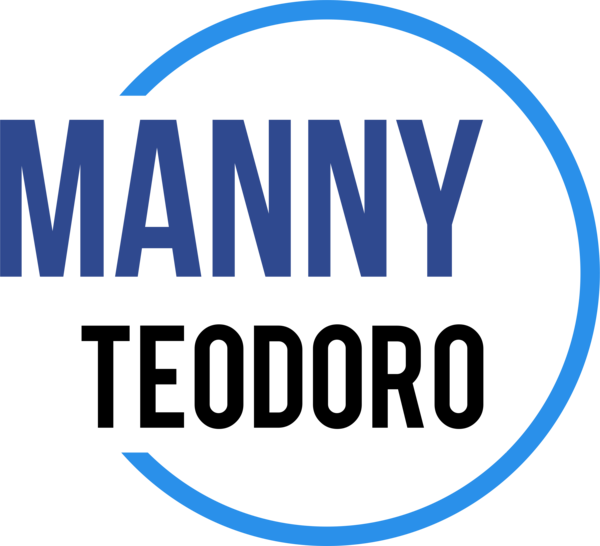Abstract
This study uses an embedded survey experiment to evaluate the effects of issue framing on willingness to pay water and sewer rate increases. Government-owned utilities require public support for financial resources, and so managers must communicate the value of their services to their customers. Water and wastewater utilities provide several benefits; little systematic evidence exists on which resonate with the public. In this study, respondents in a U.S. national survey were randomly assigned to one of four framing treatments in a question about support for a hypothetical rate increase: reduced pollution, safer drinking water, better tasting drinking water, and low-income affordability. Compared with the other treatments, the safer drinking water framing yielded 11.2% greater average willingness to pay a rate increase. Multivariate analysis shows that Republican partisans and women responded especially positively to safe drinking water framing. Results have important implications for utilities' outreach and public communications efforts.
Health and safety appeals may be especially useful in securing support from women and women's organizations, and in messaging to American communities where voters or governing boards are predominantly Independent or Republican.
Citation
Teodoro, Manuel P. 2022. “Issue framing and public willingness to pay water and sewer rate increases,” AWWA Water Science 4(2): e1275.

